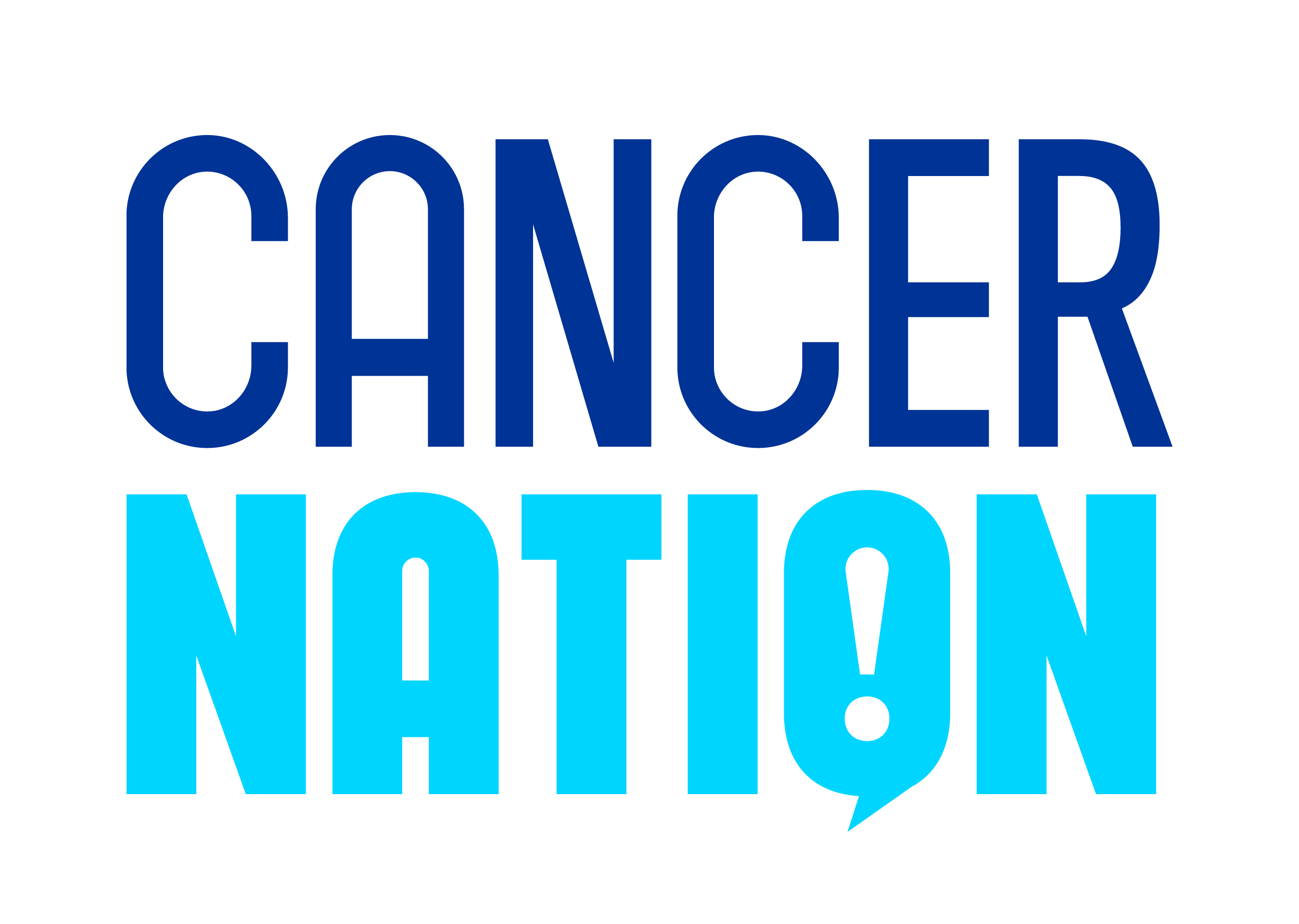
NCCS Unveils Survivorship Data from Nationwide Survey of Cancer Survivors

Survey includes new data illustrating cancer patients’ mindsets during and after treatment.
The National Coalition for Cancer Survivorship (NCCS) presented a web briefing on August 4, 2020 to unveil researching findings from a nationwide survey, conducted by Edge Research, to better understand the cancer patient and survivor journey.
This survey is a follow-up to the 2018-2019 NCCS survey and includes 15 in-depth interviews and an online survey fielded April 15-May 1, 2020 with 1,319 respondents in two groups. A national sample of 840 survivors used quota sampling to ensure it was representative of the adult US cancer population. National sample respondents represent a range of cancer diagnoses, stages, phases of treatment, and perspectives. A companion survey included 479 respondents invited from the NCCS database.
The top findings of the 2020 State of Cancer Survivorship Survey, presented in the August 4, 2020 web briefing, were:
- “Doctor knows best” about treatment is the prevailing mindset of cancer patients nationally. By almost a 3-to-1 margin, cancer survivors are more likely to rely on their doctor to tell them what treatment option was best (61%) versus being involved in the research and decision (22%).
- Those who reports being more involved in initial treatment decisions tend to have more positive post treatment experiences. Patients who report being involved in treatment decisions felt better prepared for post treatment (55%, vs. 50% who were not involved in initial treatment decision making), proactively spoke to their provider about post treatment care (53%, vs. 40%), and describe their post-treatment medical care as “excellent” (59%, vs. 50%).
- Majorities say they discussed what to expect post-treatment with their provider (62%), but far fewer got information about exercise and nutrition (39%), long-term side effects (39%), or mental health support (24%). Only 17% report getting a post-treatment survivorship plan.
- Fatigue and mental health issues are the most common side effects reported by cancer patients and survivors. Few feel their health care providers were very helpful in addressing these during treatment, and most report their doctors did not bring up these key aspects of functional status during post-treatment care.
- Cancer survivors are concerned about a range of physical, emotional, and financial issues, but there are many related areas where they do not feel they get a lot support from their health care team. Nationally, survivors’ tops concerns are maintaining a healthy weight (64%), getting enough exercise (61%), being there for friends and family (57%), cost of medical care (56%), and having enough energy to make it through the day (56%). But few patients found their health care providers to be very helpful on any of these: maintaining a healthy weight (just 26% said their doctor was very helpful), getting enough exercise (24%), being there for family and friends (30%), cost of medical care (30%), and having the energy to make it through the day (25%).
- There are a few key audiences whose post-treatment concerns are greater: younger cancer patients/survivors, African Americans, Hispanics, women, and chemotherapy patients.
- Patients who are “connected” to an advocacy group, like NCCS, are clearly a different audience. They have higher expectations of their care and health care providers. They are also more interested in a range of resources to help them with decision-making and self-advocacy.
- The survey also shines a light on the fact that not every patient is willing to be a self-advocate or accept support. Half of survivors took advantage of any resource their health care team offered to help them through their cancer journey (53%) — but there are little differences by age, gender, race, income, or education level. Qualitative research reveals that this has less to do with patient demographics, and more to do with personal preferences, and how open a patient is to receiving help.
“The survey findings demonstrate consistent themes from our first survey in 2019 — overall, cancer survivors face significant challenges both during and after treatment. While the cancer care team addresses many of the physical effects of cancer treatment, survivors report their care team is not as helpful addressing other effects of their cancer, including fatigue, anxiety, and depression,” said NCCS CEO Shelley Fuld Nasso.
“The data also showed us the differences in the level of empowerment and decision-making when the national sample is compared to patients who are connected to an advocacy organization. Education and empowering patients is an important goal of NCCS, but at the same time, we must move toward a health care system that works for ALL patients, even if they are not able or interested in playing an active role in their care,” she said.
Access the 2020 State of Cancer Survivorship Survey report, executive summary, web briefing recording, infographic, and additional materials related to the survey
Survey Methodology
All data collected are self-reported. This survey used quota sampling to ensure it was representative of the adult US cancer population. It includes oversamples of Black, Hispanics, low income patients, and those over 65 to analyze these groups with more statistical reliability.
###
Founded by and for cancer survivors in 1986, the




